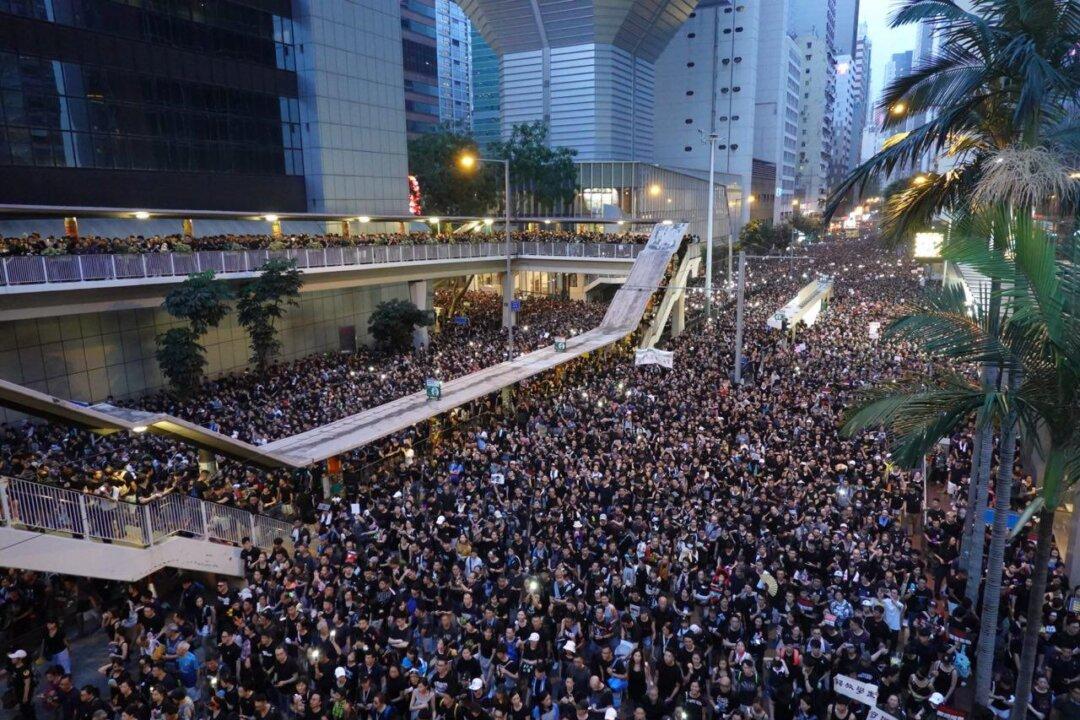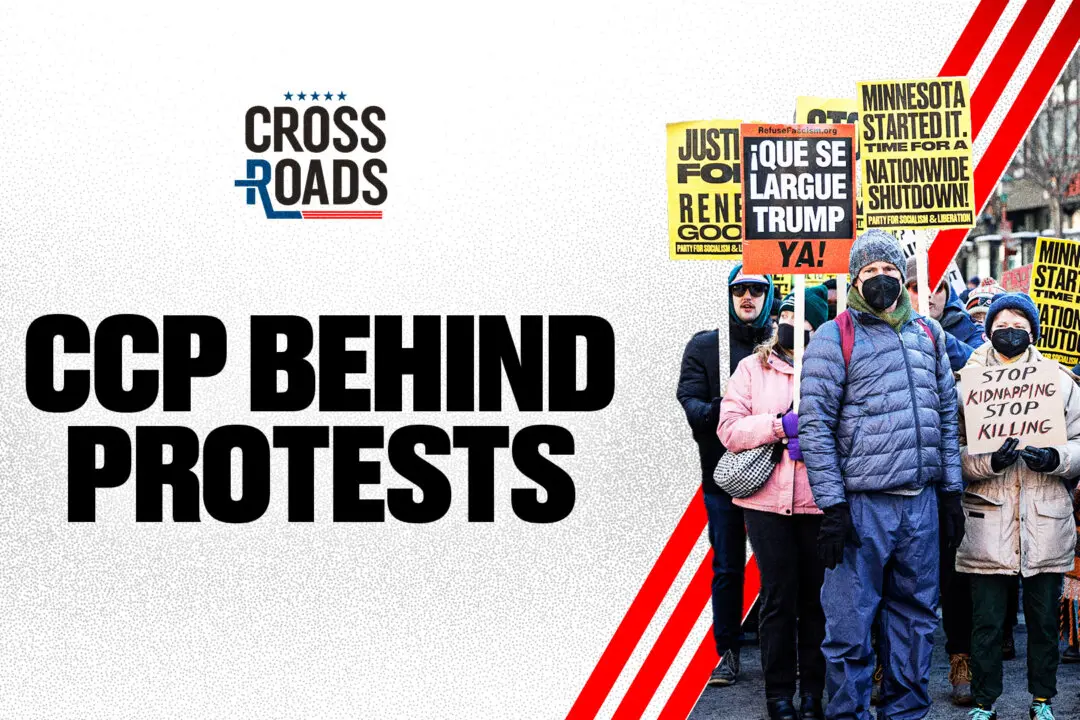News Analysis
Close to 2 million people, out of Hong Kong’s population of just over 7 million, were out on the streets on June 16 to protest a law that would allow the Chinese Communist Party (CCP) in the mainland to extradite people from the city, which is supposed to have autonomy.





